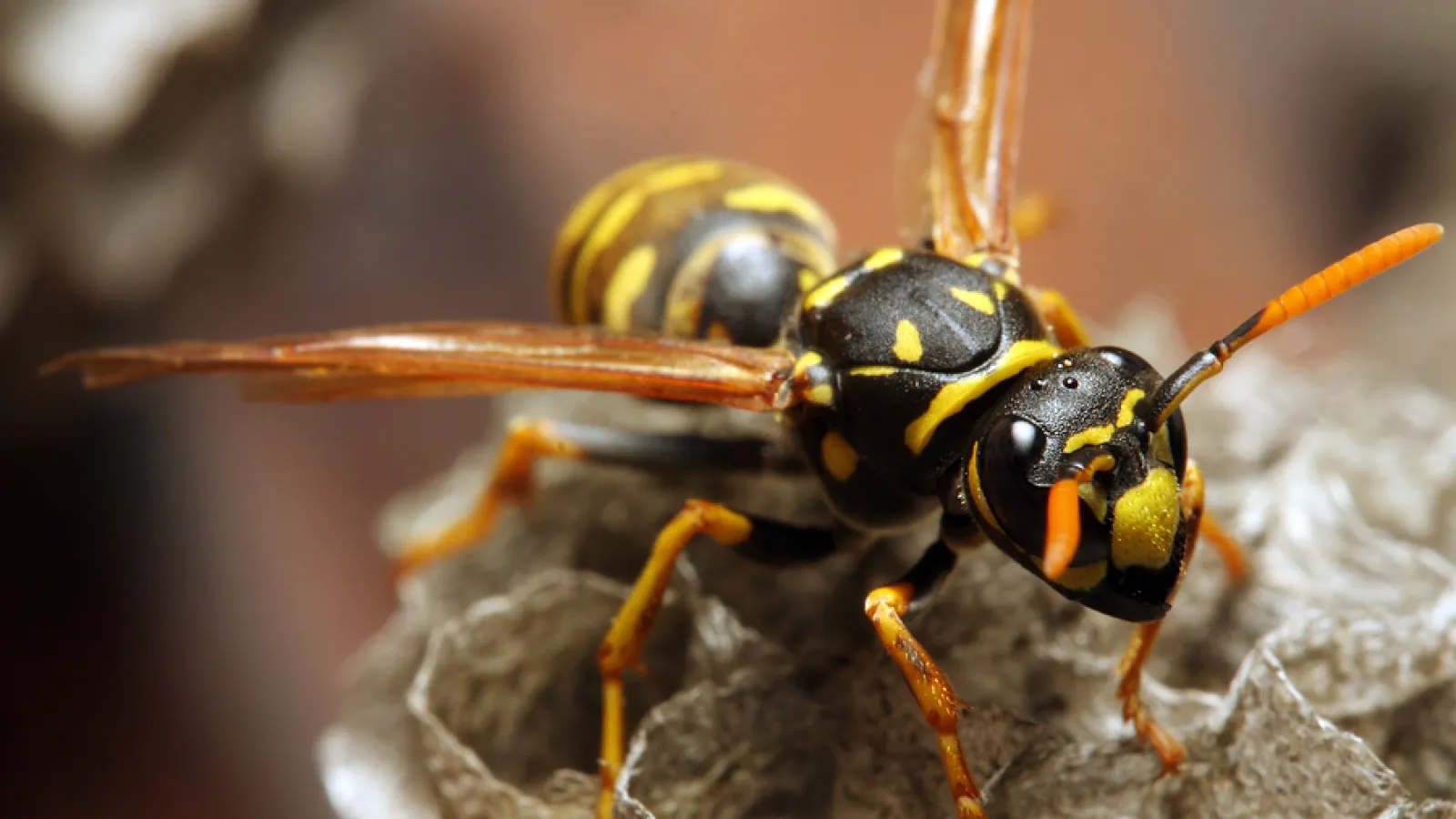
Bees and Wasps
Bees and wasps are common springtime insects that serve vital roles in any ecosystem. Bees are great pollinators, and wasps serve as efficient pest controllers in their own right. However, when they are allowed to swarm in or near a home and pose a threat to the inhabitants, they become pests. Bees and wasps both have the capacity to inflict painful stings upon an unlucky passerby, but they are also known for something far more deadly. Bee and wasp allergies are some of the most common allergies in the world and also some of the deadliest. Those who are allergic to the potent venom often have serious reactions that require hospitalization. To top it all off, it has been observed that the reaction can get worse with each sting. Thus, an entire colony swarming can not only be something out of nightmares- it can be fatal.
What attracts bees and wasps? Well, any occasion that is accompanied by loud sounds and sugary drinks will attract the curiosity of these insects. Consequently, if a colony goes untreated, you can expect a visit from the worst kind of party crasher. In fact, it isn't unheard of for wasps to find their way into the drinks themselves. The unfortunate individual who takes a sip of the wasp's newly conquered abode may get an unexpected surprise!
Bee and wasp infestations are often looked at as minor annoyances, nothing important. As such, many people try to take the problem into their own hands. However, this is never a good idea. A pesticide in the hands of the untrained can cause more harm to come to them than necessary. For instance, even the most effective commercial chemicals for bee and wasp extermination require nearly direct application onto the nest and all of the occupants. This is often a difficult feat to achieve, especially when there are millions of stinging insects ready to swarm at the slightest disturbance. Professionals can deal with the situation efficiently, without any harm coming to you in the process.
To request a free pest inspection, contact Preferred Pest Control today.
